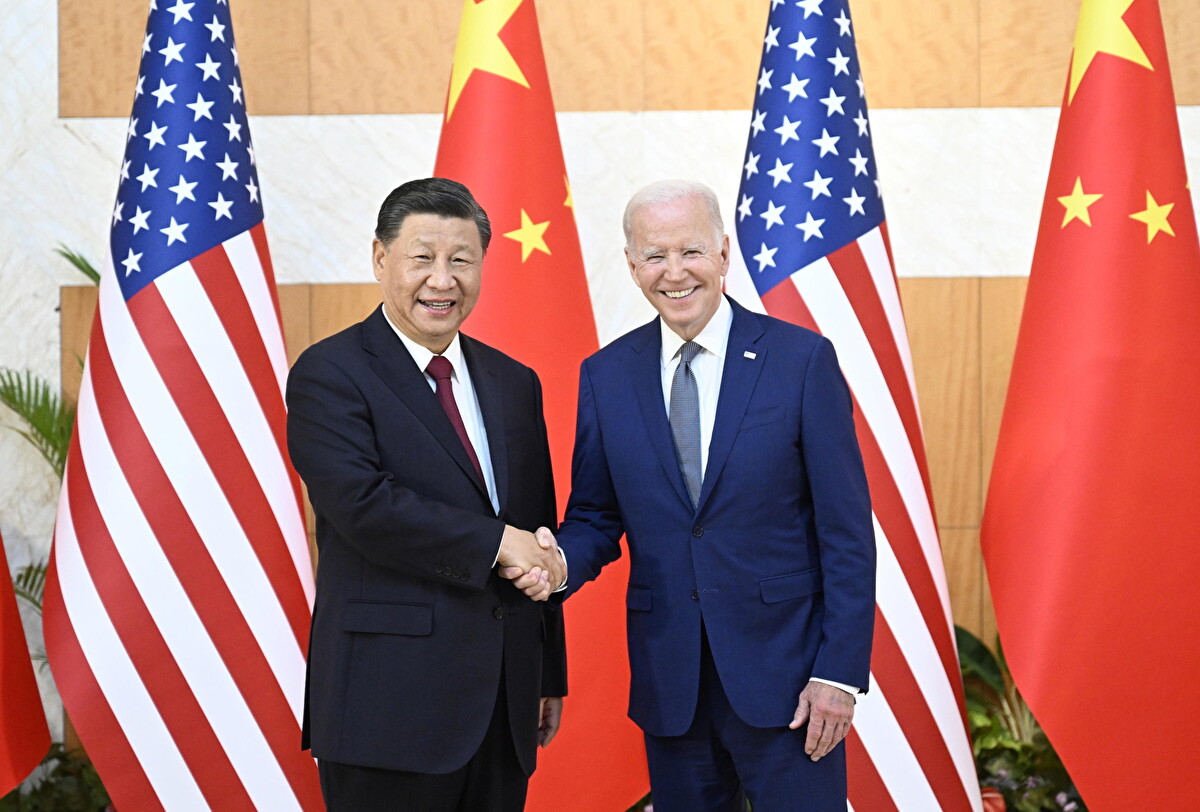In a notable diplomatic stride, climate discussions between the United States and China culminated in a mutual understanding on key issues, laying groundwork for the upcoming COP28 summit. During a five-day dialogue in California, U.S. climate envoy John Kerry and his Chinese counterpart, Xie Zhenhua, reported achieving “positive results” in fostering bilateral cooperation on climate change.
The talks between Kerry and Xie come as a precursor to a highly anticipated meeting between U.S. President Joe Biden and Chinese leader Xi Jinping, slated to occur on the margins of the Asia-Pacific Economic Cooperation (APEC) summit hosted by the U.S. on November 15. This meeting is part of broader efforts to thaw relations that have chilled over disputes involving trade, human rights, and national security.
Beijing’s Ministry of Ecology and Environment expressed satisfaction with the outcome of the climate discussions, emphasizing the extensive and constructive nature of the exchanges. Both nations have voiced their intent to “jointly push for the success” of the COP28, recognizing that effective collaboration between the world’s two largest carbon emitters is crucial for combating global warming.
The State Department announced that following the discussions, Kerry will visit Singapore to engage in the Bloomberg New Economy Forum and promote U.S. climate and clean energy agendas. His itinerary includes meetings with Singapore’s Prime Minister and other ministers to further the U.S.-Singapore Climate Partnership.
The proactive engagement signals a desire from both Washington and Beijing to mend fences. Earlier in the year, Washington dispatched top officials to Beijing to revive high-level communications. Chinese Vice President Han Zheng recently indicated China’s readiness for open dialogue with the U.S. “at all levels.” Despite the upbeat rhetoric surrounding these exchanges, official confirmation of the Biden-Xi dialogue remains pending.
China’s foreign ministry has cautiously remarked on the upcoming interactions, hinting at the complexities of Sino-American relations and the need for both parties to act on previous agreements, reduce discord, and fortify consensus. This sentiment echoes the stance of both nations’ leaders, who have previously acknowledged the importance of steering clear of conflict.
The relationship between the two powers, however, is strained by the U.S. imposition of technology restrictions and the tension over Taiwan. Nevertheless, climate change engagement has persisted as a beacon of cooperation. Kerry’s visit to Beijing in July marked a resumption of climate talks after a hiatus, with the envoy advocating a non-political approach to the crisis at hand.
Amidst geopolitical tensions, the U.S. and China seem united in recognizing that their bilateral relations have more reasons to prosper than to fail, as articulated by Xi last month. As the global community gears up for COP28 in the United Arab Emirates, the outcomes of U.S.-China climate diplomacy are poised to play a pivotal role in shaping international environmental policies.












